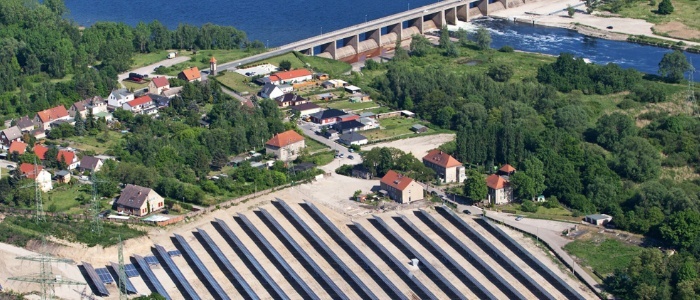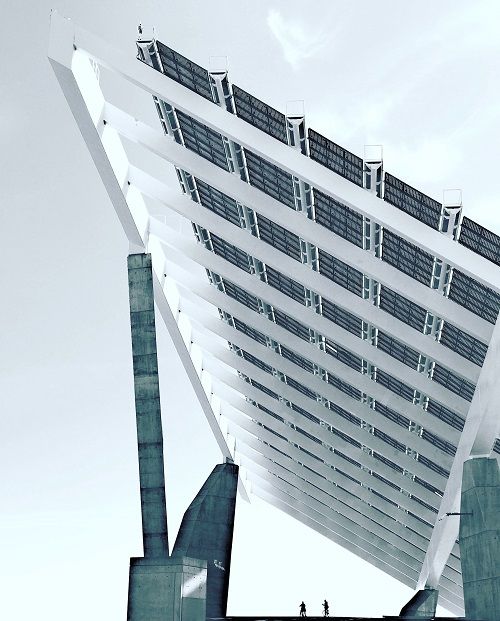Long-term electricity supply contracts between companies and energy suppliers are spreading rapidly. No wonder, because these Power Purchase Agreements (PPAs) not only offer cost security to the industry. As green PPAs, they are also a favorable way to protect the climate. "In addition, electricity supply contracts can be flexibly adapted to the needs of customers," explains Markus W. Voigt, CEO of the aream Group. "However, companies should seek advice from an experienced partner for the implementation of PPA agreements."
PPAs are individually negotiated, long-term electricity supply contracts. They offer the parties involved security and predictability in terms of prices, volumes and other factors. Since their launch in Germany in 2019, PPAs have become increasingly popular, especially when it comes to supplying electricity from renewable sources. "We are currently seeing increased interest in green PPAs in the industrial sector," says Voigt. Green PPAs allow industrial companies to pursue their climate strategy and sustainability goals without having to invest in tangible assets themselves. "This makes PPAs a favorable option for switching to green electricity," explains Voigt.
It is no longer just large corporations that are concluding PPAs with suppliers of electricity from solar and wind energy. Medium-sized companies are also getting involved in order to control their energy costs. At the same time, this enables a reduction in Scope 2 emissions - i.e. indirect greenhouse gas emissions from purchased energy - alongside a reduction in the company's direct Scope 1 emissions. "This enables stakeholder care with genuine green electricity," says Voigt, "whereby the sustainability rating is improved via the guarantees of origin for renewable energies."
Voigt believes that the outlook for PPAs is very good, partly because the electricity market reform is bringing the issue to the forefront for the industry. The EU Commission has called on all member states to establish market-based instruments such as PPAs and to remove barriers to their use.
The flexibility of the conditions also speaks in favor of PPAs. Currently, terms of two years or more are possible, but long-term agreements of ten years or more are also possible. In addition, the options available to companies are growing, for example in terms of delivery obligations. "We also find PPA solutions on one’s own factory premises interesting," explains Voigt. For example, a solar system can be installed on the industrial customer's roof, with the developer bearing the investment costs. This is followed by the conclusion of a long-term PPA. "In this way, you even save on charges that would otherwise be incurred when feeding into the grid," says Voigt.
To generate the full added value of PPAs, customers should get an experienced partner at their side who is familiar with the market structures. "In this way, the supply contracts can be designed according to individual requirements, needs and conditions," says Voigt. "It also saves the company time and frees it up to focus on its core business."
PRESSEKONTAKT:
Leandra Kiebach
T: +49 (0)211 30 20 60 4-2
E: lk@aream.de


